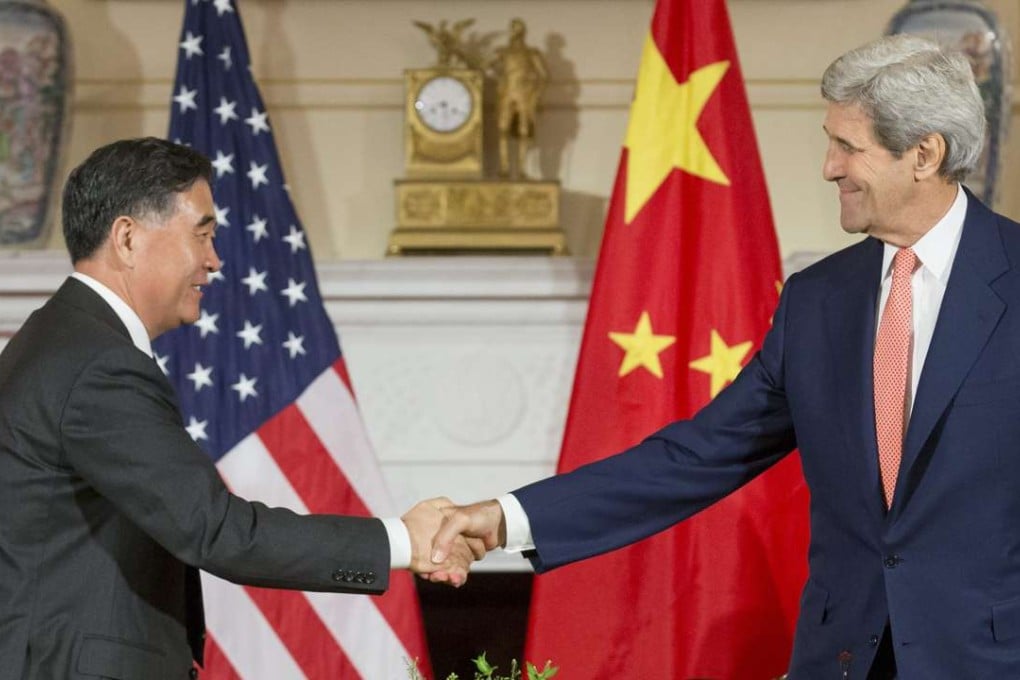The Hague’s South China Sea ruling ‘likely to cast shadow’ over Sino-US dialogue
Ruling by international court could complicate talks on security and economic issues in Beijing, while momentum often evaporates during an election year

An upcoming Sino-US dialogue on security and economic affairs will likely be overshadowed by an imminent international ruling on territorial claims in the South China Sea, mainland analysts say.
US Secretary of State John Kerry, Treasury chief Jack Lew and other top officials will meet State Councillor Yang Jiechi and Vice-Premier Wang Yang in Beijing in June for the
US-China Strategic and Economic Dialogue (SED), where bilateral, regional and global issues of economic and strategic interest will be discussed.
But mainland analysts say the talks are likely to be eclipsed by the Permanent Court of Arbitration at The Hague’s ruling of a dispute between China and the Philippines in the South China Sea.
China to build up atoll in contested South China Sea, source says
The Philippines, which launched the legal action, wants the court to declare that China’s claims must comply with the UN Convention on the Law of the Sea.
The ruling, to come next month or in June, is expected to go against China. Beijing says the court does not have jurisdiction and the dispute should be settled bilaterally.

The talks in Beijing would have “great significance” at a time when the South China Sea was featuring prominently in Sino-US ties, said Jia Qingguo, associate dean at Peking University’s School of International Studies.